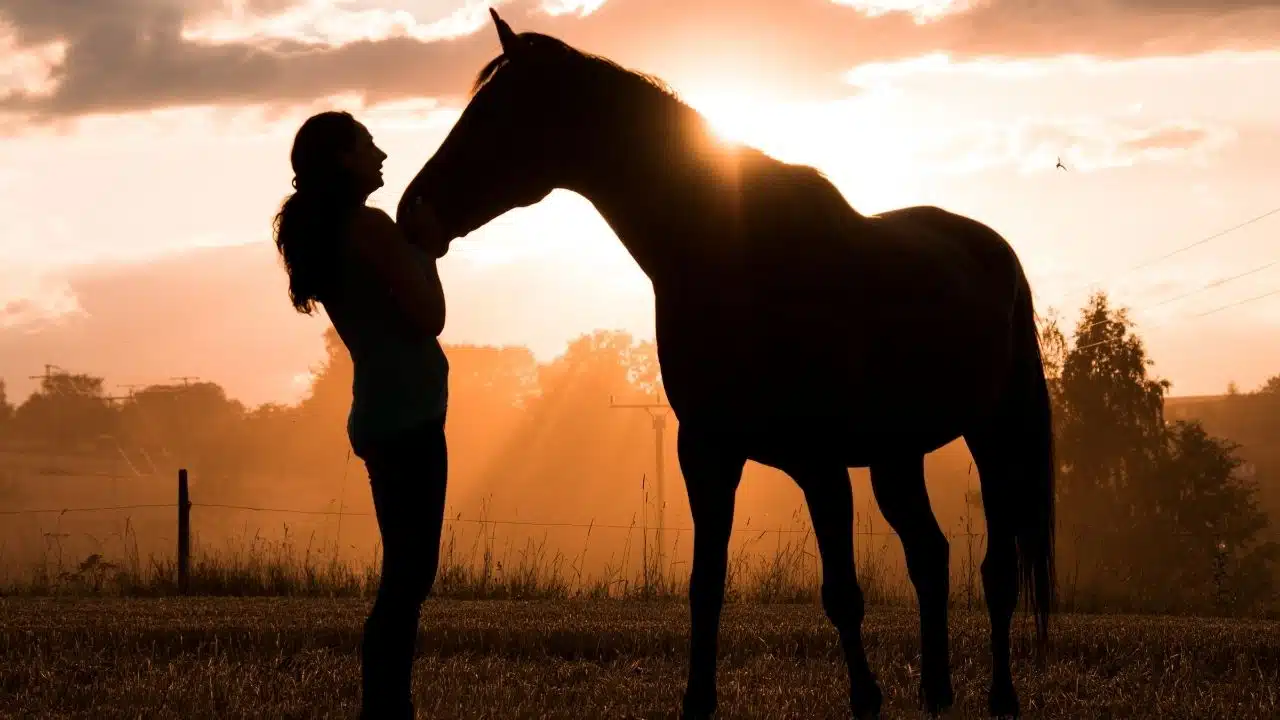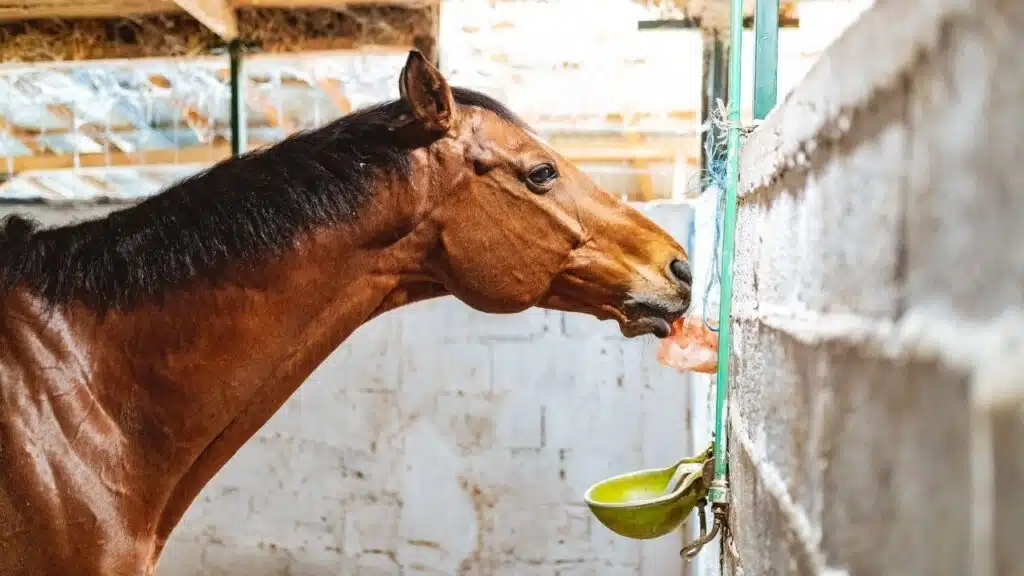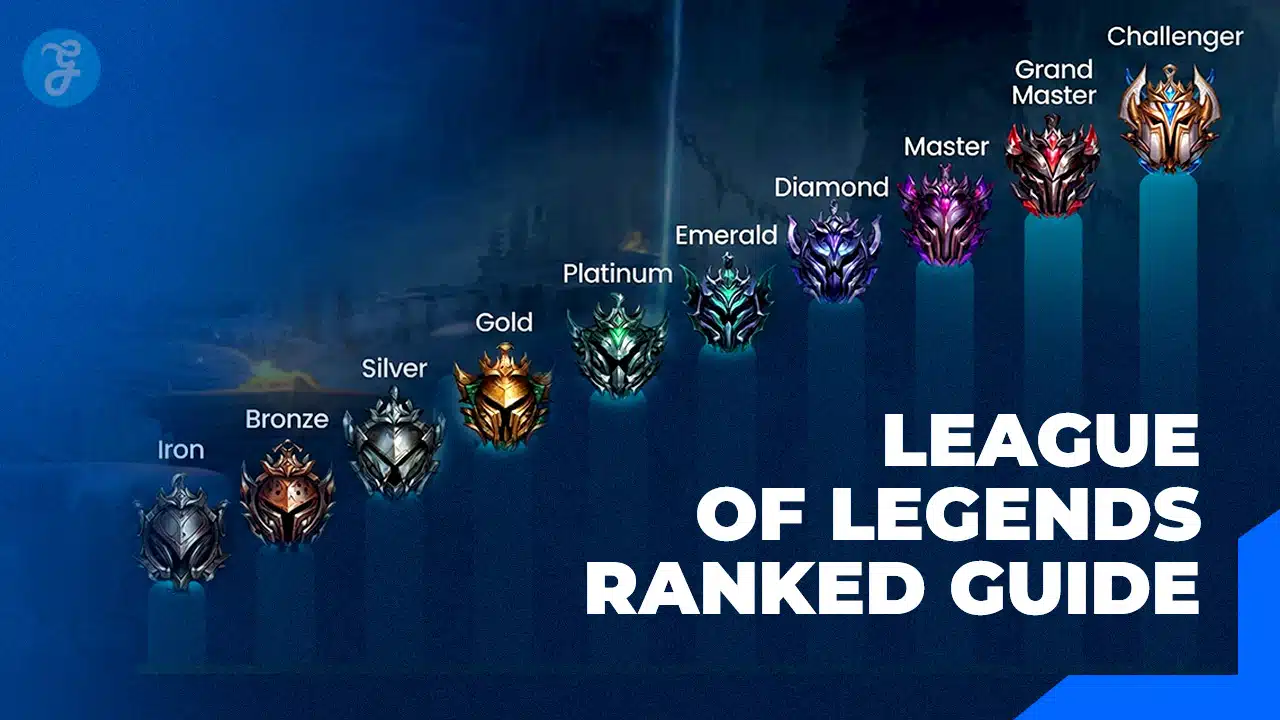As a horse owner, you understand the importance of proper nutrition for your equine companion. However, with so many feed options and supplements on the market, determining the best diet can be overwhelming. Your horse’s nutritional needs evolve throughout life, from foal to senior, and vary based on workload and health status.
Whether looking for an Equine massage therapy tool, this article will guide you through the essentials of equine nutrition and help you make informed choices to keep your horse healthy, happy, and performing at its best at every stage of life.
Equine Nutritional Needs Across the Lifespan
As your horse progresses through different life stages, its nutritional requirements evolve. Young, growing horses need higher protein and mineral levels to support bone and muscle development. Adult horses in light work require a balanced diet with adequate fiber, while performance horses need increased energy and electrolytes. Senior horses often benefit from easily digestible feeds and may need supplements to support joint health.
Adjusting your horse’s diet based on age, workload, and health status is crucial. Consult with an equine nutritionist to create a tailored feeding program that meets your horse’s changing needs throughout its life. Regular body condition scoring can help you fine-tune the diet and ensure optimal health at every stage.
Essential Vitamins and Minerals for Horses
Ensuring your horse receives the right balance of vitamins and minerals is crucial for its overall health and performance. Key nutrients include calcium and phosphorus for strong bones, vitamin E and selenium as antioxidants, and electrolytes like sodium and potassium for proper hydration. Copper and zinc play vital roles in hoof health and immune function, while vitamin A supports vision and skin health.
B-complex vitamins are essential for energy metabolism and nervous system function. The requirements may vary based on your horse’s age, activity level, and health status. Consult an equine nutritionist to develop a tailored supplement plan that complements your horse’s diet and meets its unique nutritional needs.
Supplements for Performance, Recovery, and Wellbeing
Enhancing Equine Health Through Targeted Supplementation
Equine supplements are crucial in optimizing your horse’s performance, recovery, and overall well-being. Joint supplements containing glucosamine and chondroitin can support mobility and reduce inflammation, especially for athletic horses—Electrolyte supplements aid in replenishing essential minerals lost through sweat, promoting proper hydration and muscle function.
Adaptogenic herbs like ashwagandha may help balance cortisol levels and improve resilience for horses under stress or heavy workloads. Omega-3 fatty acid supplements can boost coat health, reduce inflammation, and support cognitive function. Always consult your veterinarian before introducing new supplements to ensure they align with your horse’s needs and health status.
Feeding for Different Life Stages: Foals, Adults, Seniors
Proper nutrition is crucial for horses at every stage of life. For foals, a diet rich in protein and calcium supports rapid growth and bone development. As horses mature into adults, their nutritional needs shift to maintain muscle mass and energy levels. Focus on high-quality forage supplemented with grains and vitamins tailored to their activity level.
Senior horses require special attention to their diet, often needing easily digestible feeds, additional supplements to support joint health and immune function, and an equine massage therapy tool. Always consult your veterinarian to create a personalized feeding plan that addresses your horse’s unique needs, considering age, weight, and workload.
Building a Balanced Diet: Forage, Grains, and More
A well-balanced equine diet is crucial for your horse’s health and performance. Start with high-quality forage, such as grass or hay, which should comprise 60-70% of your horse’s daily intake. Supplement this foundation with carefully selected grains and concentrates to meet energy requirements.
Consider adding essential vitamins and minerals to address any nutritional gaps. Remember, each horse is unique, so consult with an equine nutritionist to tailor the diet to your horse’s specific needs, factoring in age, weight, activity level, and health status. Providing a diverse, nutrient-rich diet ensures your equine companion thrives at every stage of life.
Final Thoughts
As you’ve learned, proper nutrition is essential for your horse’s health and performance at every life stage. Whether looking for an Equine massage therapy tool, by understanding your horse’s unique dietary needs and implementing a balanced feeding program, you can help ensure their well-being for years. Remember to consult with your veterinarian or equine nutritionist to develop a customized plan tailored to your horse’s requirements. Stay informed about advances in equine nutrition, and be prepared to adjust your approach as your horse’s needs evolve.












































